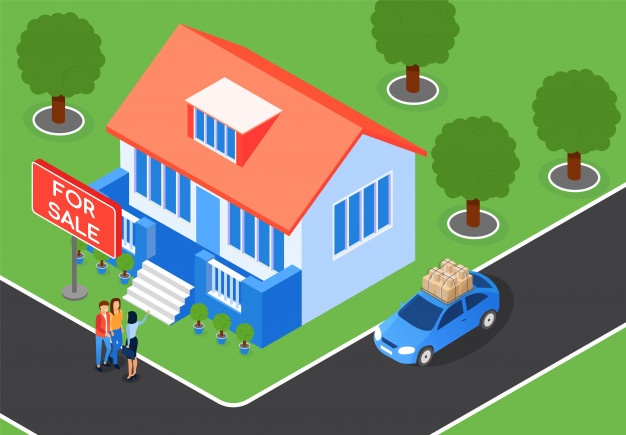Today as a homebuyer, you face many challenges that homebuyers of the past didn’t while financing your first home.
First, many are carrying debt from student loans. Second, they face low wages and stiff competition for high-salary jobs. Third, starter homes cost more today than they have in the past. It’s no wonder why first-time buyers looking to buy a home later in life when compared to their parents.
While the housing market may seem overwhelming, it’s important to know that there are some bright spots. For the current or future first-time homebuyer, being prepared and knowledgeable about financing a home can save you from a lot of confusion and frustration about the process.
Here are some tips for financing your first home:
Budget and Documents
The keys to being financially organized in every part of life, not just buying a new home, are a comprehensive budget and having important financial documents.
Budgeting
The surest way to stay on track to meet your life goals is to budget. Budgeting is especially important for buying a home because that will tell you how much you can afford in a home loan.
While financing your first home, a credit counseling agency is a great place to start the home financing process. Such an organization will help you understand your budget and how much you can afford on a home.
Credit counselors are a good source for learning about different home loans, as are realtors and mortgage companies. You can also speak with your builder’s sales staff, who can often suggest mortgage lenders.
Documents
Before you meet with a housing counselor or a home loan specialist, be prepared to show proof of employment and income. You will need documents such as account statements, information on other debts you may have and recent tax returns.
It is also important to maintain a good credit score or take steps to improve less-than-stellar scores. Anything below a 580score is considered poor; however, to get the best rates, a score of 720 or above is ideal.
A good and healthy credit score is of absolute importance for first-time homebuyers. Oftentimes, getting prequalified early in the process is recommended to see if you actually qualify to buy a house, how much home you can afford and what steps you can take to improve your credit.
Getting preapproved for a home loan before you go house shopping is vital to understanding how much home you can afford so that you don’t set your sights on a home outside of your budget.
In some cases, a realtor will not work with you if you don’t have a preapproval letter (not a prequalification letter, which really doesn’t mean much).
See Also: What Do Mortgage Lenders Review on Bank Statements?
Finance Options
Most people use a mortgage to finance a home. There are many types of home finance options available.
Here are your different choices:
Mortgage
A mortgage is a home loan that can be paid off over flexible periods of time.
At the beginning of the loan, much more money goes to interest than principle, but as the loan matures, more money will go to principal.
The longer the length of the loan, the lower the payment will be for the borrower; the shorter the length, the higher monthly payments will be. The most common mortgage is a 30-year period, meaning if a homebuyer only paid the minimum payments each month, they would pay off the mortgage in 30 years. There are, however, five-, 10-, 15-, 20- and 25-year mortgages.
Types of Home Loans
A conventional loan is from a bank. Some have as little as a 3% down payment required to finance a house. But, with a lower down payment comes more expenses, such as payments for private mortgage insurance (PMI). Lenders require PMI if buyers put down less than 20% to help protect them from losing money should the buyer end up in foreclosure.
Builder Finance
Another option that’s available is financing through a home builder. If you want to build your new home, ask your builder about a preferred lender program, which may offer better rates and terms than a non-preferred lender.
The Loan Process
Applying for a loan includes multiple steps, which is why it’s important to have all necessary documentation prepared before you apply for a home loan. The approval process includes multiple steps and can take as long as several weeks — missing any necessary documents will add more time to the approval process. At the end of the process, you will hear from the lender about their decision.
Closing Costs
Once your real estate transaction is complete (called closing), you’ll have closing costs. These costs include fees incurred during the transaction, say for inspections, attorneys’ fees, loan origination fees, etc. Mortgage closing costs can be pricey, adding up to several thousands of dollars on many home purchases. Generally, closing costs are anywhere between 2% to 5% of the total cost of the home. You may be able to reduce closing fees by negotiating with your lender.
The most important thing to keep in mind when approaching the finance process of buying a home for the first time is to have patience. It’s best to be financially prepared as much as possible before seriously considering the purchase of a new home.
Related: Understanding the closing process














